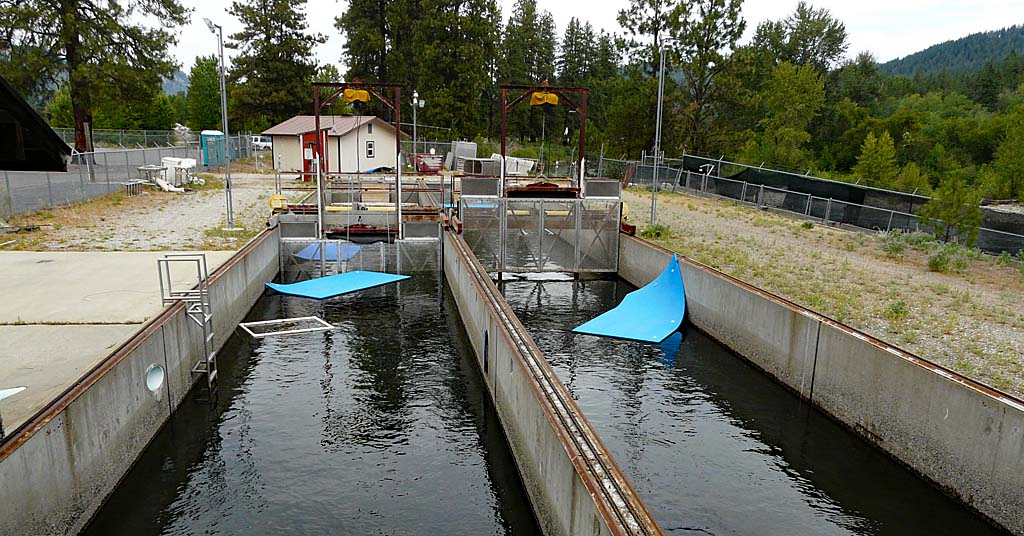Oregon may eliminate tax dangers of in-stream water leases
Published 2:52 pm Friday, January 27, 2023
SALEM — Oregon farmers who lease their water rights to improve stream flows would be shielded from adverse tax consequences under legislation that’s backed by agricultural and environmental groups.
Currently, such in-stream water leases aren’t considered a “farm use” under the state’s property tax discount for agricultural lands.
Trending
In other words, growers who engage in these temporary transactions could be taxed on the full market value of their property, instead of the lower assessed value for farmland.
“You could jeopardize your farm deferral,” said Rep. Mark Owens, R-Crane, who has co-sponsored a bill to correct the problem.
To make matters worse, the higher tax burden would also be retroactive.
“Losing that status could involve paying 10 years of deferred taxes,” said Kate Fitzpatrick, executive director of the Deschutes River Conservancy. The nonprofit pays some farmers for in-stream leases while others donate their water to the organization.
These tax dangers would be eliminated under House Bill 2971, which would change state law to specifically recognize in-stream water leases as a farm use.
Without the revision, farmers may think twice about helping the environment if it entails steep financial liabilities, Fitzpatrick said.
Trending
“You would probably walk the other direction,” she said.
Apart from enhancing aquatic habitats, in-stream leases serve a functional role during prolonged interruptions to irrigation, said Marc Thalacker, manager of the Three Sisters Irrigation District.
For example, the irrigation district replaced nearly 65 miles of open canals with pipelines to conserve water as part of a broader modernization effort in Deschutes County, he said.
While switching from flood irrigation to center pivots and making other upgrades, farmers entered into in-stream leases rather than forgo using their water rights, Thalacker said.
Water rights can be lost if they’re unused for five years, but since in-stream leases are considered beneficial uses under state law, they guard against this possibility.
However, in-stream leases pose more than just a hypothetical threat to the special property tax assessment for farmland.
Due to a neighbor’s complaint, for example, Thalacker said he faced a possible 13-fold property tax increase, from $4,000 to $52,000 a year, if he lost the special assessment.
“We’re basically seeing this weaponized,” he said.
Since in-stream leases were created in the 1980s, they’ve provided farmers with added flexibility, Thalacker said.
Irrigators rely on the tool during disruptions caused by illness or farm succession to continue the beneficial use of their water rights, he said.
“We just don’t want to discourage people from using the program,” he said.
In-stream leases also protect fish in over-appropriated waterways without permanently affecting agricultural production, said Caylin Barter, state water policy director for the Wild Salmon Center nonprofit.









